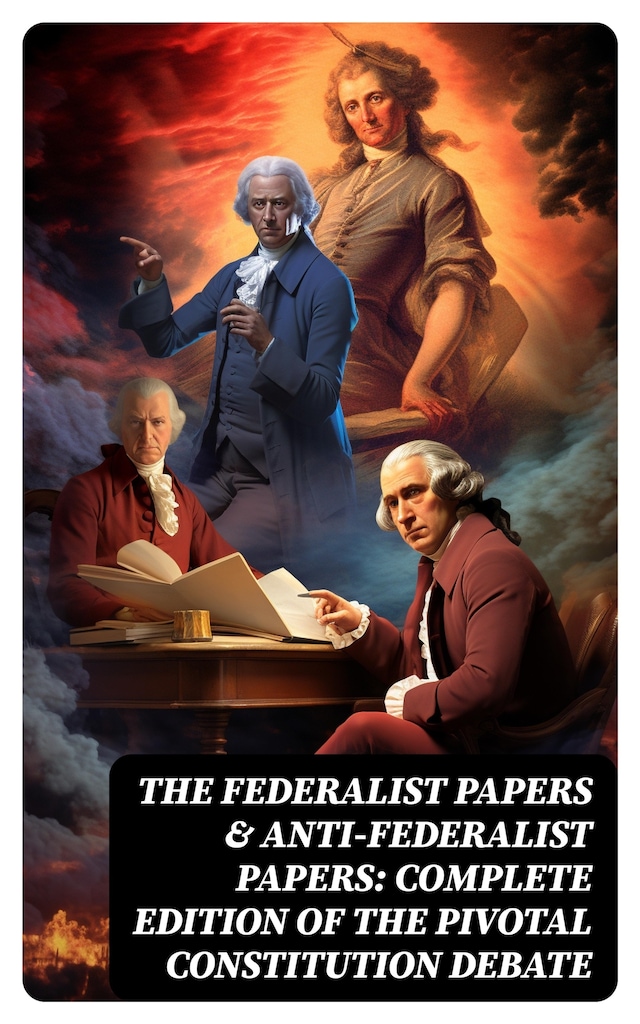
The Federalist Papers & Anti-Federalist Papers: Complete Edition of the Pivotal Constitution Debate
Description of the book
The 'Federalist Papers & Anti-Federalist Papers: Complete Edition of the Pivotal Constitution Debate' presents a comprehensive duel of ideologies that shaped the early political landscape of the United States. This collection masterfully combines the persuasive Federalist articles, advocating for the ratification of the U.S. Constitution, with the critical voices of the Anti-Federalists, who championed a more decentralized federal system. The anthology not only showcases a diverse range of literary styles—from impassioned argumentation to meticulous legal analysis—but also encapsulates the heated debates that were instrumental in defining the nation's foundational principles. Through standout pieces that resonate with contemporary political discourses, this work illuminates the theoretical underpinnings of American democracy. The contributors, including notable figures such as Alexander Hamilton, James Madison, John Jay, Patrick Henry, and Samuel Bryan, bring a wealth of political insight and rhetoric skill to the anthology. Their writings reflect a critical period in American history, embodying the intellectual and ideological ferment of the late 18th century. This collection bridges historical epochs, aligning with both the Enlightenment's emphasis on reason and the nascent American experiment in governance. The juxtaposition of Federalist and Anti-Federalist viewpoints provides a unique prism through which to explore the founding fathers' divergent visions for America's future. This volume is an indispensable resource for anyone interested in the complexities of American political thought and the contentious birth of the nation's government. It offers readers the unparalleled opportunity to explore the rich tapestry of arguments and counterarguments that continue to influence political philosophy and policy debates. For students, scholars, and casual readers alike, delving into this collection promises a deeper understanding of the ideological foundations upon which the United States was built and the enduring relevance of these foundational debates in contemporary political discourse.

